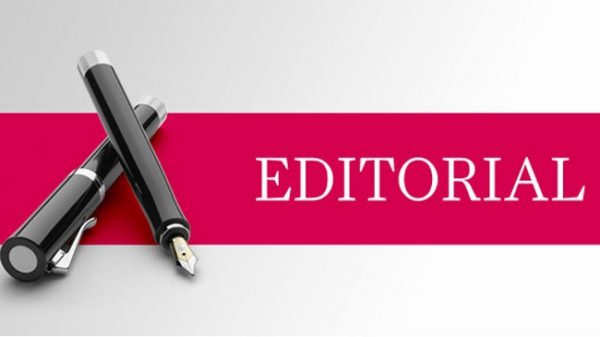Less govt spending makes people pay more for education

THE finding of the Global Education Monitoring Report 2022, which UNESCO prepared in association with BRAC, that families pay 71 per cent of the total education spending in Bangladesh is worrying. Fees and other expenses in private schools are triple of what they are in government institutions. In kindergartens, the expenditure is almost nine times higher, as the report, launched in Dhaka on January 3, says. The situation means that families in Bangladesh pay more than what they do in Pakistan, where it is 57 per cent, and in Nepal, where it is 63 per cent in the case of pre-primary education and 75 per cent in the case of technical and vocational education and training. Such a high spending has come to be an added burden to families in Bangladesh that are reported to have been paying about 64 per cent out of pocket of health expenditure since 2020. Education has, thus, become a burden on many families, especially with the current state of the overall inflation hovering around close to 9 per cent. While all this happens, the allocation for education, which is 12 per cent of the 2023 budget outlay, has been inadequate in terms of the percentage of the gross domestic product at 1.83 per cent.
The report says that access to education has grown faster in South Asia than in any other regions over the past few decades, but learning levels are more than a third below the global average and are growing more slowly than in the rest of the world. Bangladesh, likewise, has made economic progress, but investments in education have not increased accordingly and other South Asian countries have, thus, been in a position better than Bangladesh has been. The report further says that non-state actors in South Asia are more involved in every aspect of the education system than in any other regions and they have filled in provision gaps left by the public education system which has led to an expansion in education, with a cost, but the gender impact of non-state actors in education has remained context-specific. The report recommends that all state and non-state education activities should be viewed as part of one system, supported and coordinated by the education authorities so that the quality and equity could be improved. All this warrants an increased education spending on part of the government, which, keeping to the Dakar Framework for Action of 2000, is committed to increasing the allocation, at least to 7 per cent of the gross domestic product in five years since then, which was 2005, and to 9 per cent in 10 years, which was 2010. The United Nations recommends that the government should spend at least 4 per cent of the gross domestic product on education.
The government must, therefore, increase its education spending to afford families some relief and make national education strong so that it meaningfully benefits the nation.

























Leave a Reply